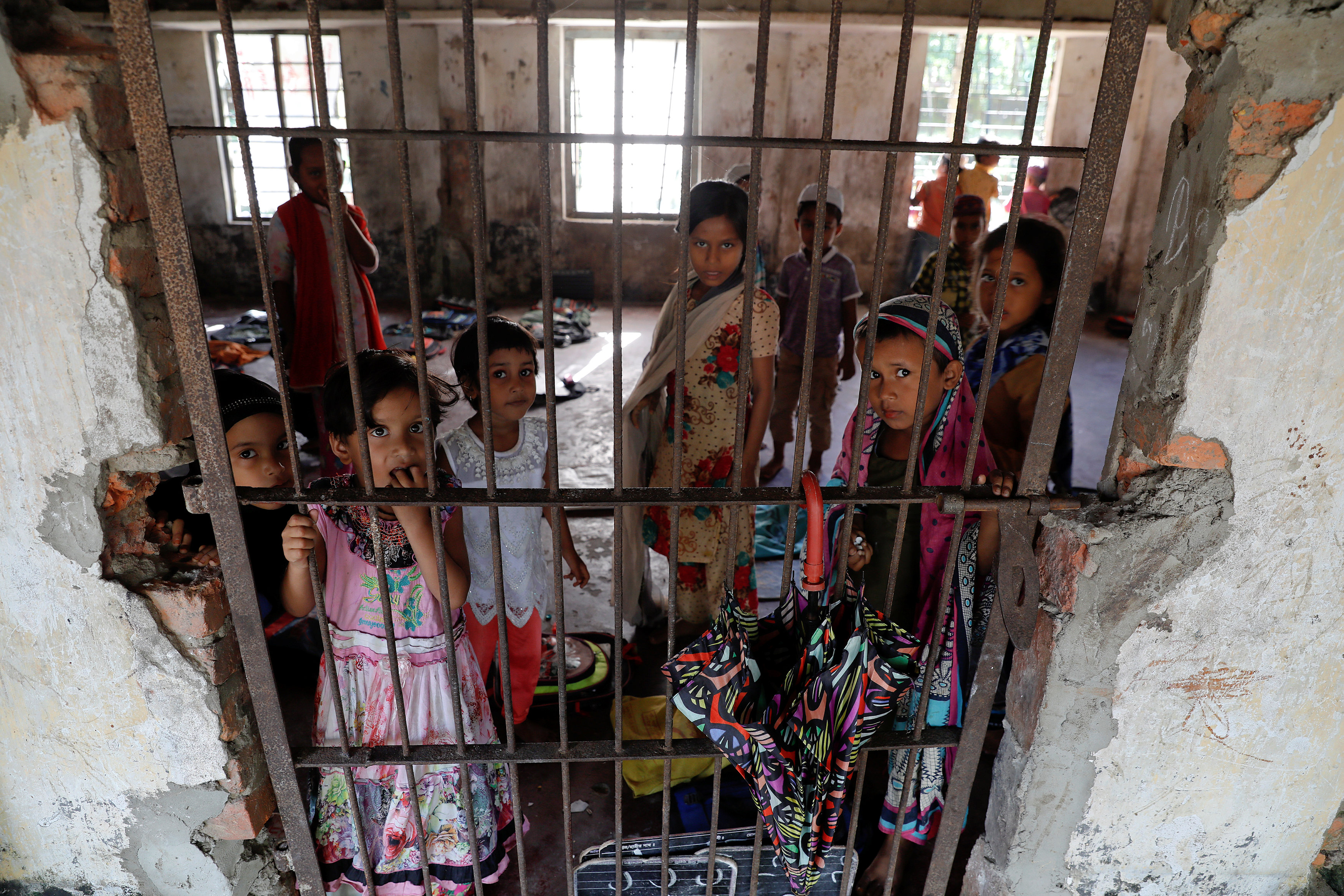
By David Brunnstrom and Jonathan Landay
WASHINGTON (Reuters) – U.S. Secretary of State Rex Tillerson said on Wednesday the United States held Myanmar’s military leadership responsible for its harsh crackdown on the Rohingya Muslim minority.
Tillerson, however, stopped short of saying whether the United States would take any action against Myanmar’s military leaders over an offensive that has driven more than 500,000 Rohingya Muslims out of the country.
Washington has worked hard to establish close ties with Myanmar’s civilian-led government led by Nobel laureate and former dissident Aung San Suu Kyi in the face of competition from strategic rival China.
“The world can’t just stand idly by and be witness to the atrocities that are being reported in the area,” Tillerson told Washington’s Center for Strategic and International Studies think tank.
“We really hold the military leadership accountable for what’s happening,” said Tillerson, who said the United States was “extraordinarily concerned” by the situation.
Rohingya Muslims have fled Myanmar in large numbers since late August when Rohingya insurgent attacks sparked a ferocious military response, with the fleeing people accusing security forces of arson, killings and rape.
Tillerson said Washington understood Myanmar had a militancy problem, but the military had to be disciplined and restrained in the way it dealt with this and to allow access to the region “so that we can get a full accounting of the circumstances.”
“Someone, if these reports are true, is going to be held to account for that,” Tillerson said. “And it’s up to the military leadership of Burma to decide, ‘What direction do they want to play in the future of Burma?'”
Tillerson said Washington saw Myanmar, which is also known as Burma, as “an important emerging democracy,” but the Rohingya crisis was a test for the power-sharing government.
He said the United States would remain engaged, including ultimately at the United Nations “with the direction this takes.”
The European Union and the United States have been considering targeted sanctions against Myanmar’s military leadership.
Punitive measures aimed specifically at top generals are among a range of options that have been discussed, but they are wary of action that could hurt the wider economy or destabilize already tense ties between Suu Kyi and the army.
Tillerson also said he would visit New Delhi next week as the Trump administration sought to dramatically deepen cooperation with India in response to China’s challenges to “international law and norms” in Asia.
Tillerson said the administration had began a “quiet conversation” with some emerging East Asian democracies about creating alternatives to Chinese infrastructure financing.
(Reporting by David Brunnstrom and Jonathan Landay; Editing by Chizu Nomiyama and Alistair Bell)













